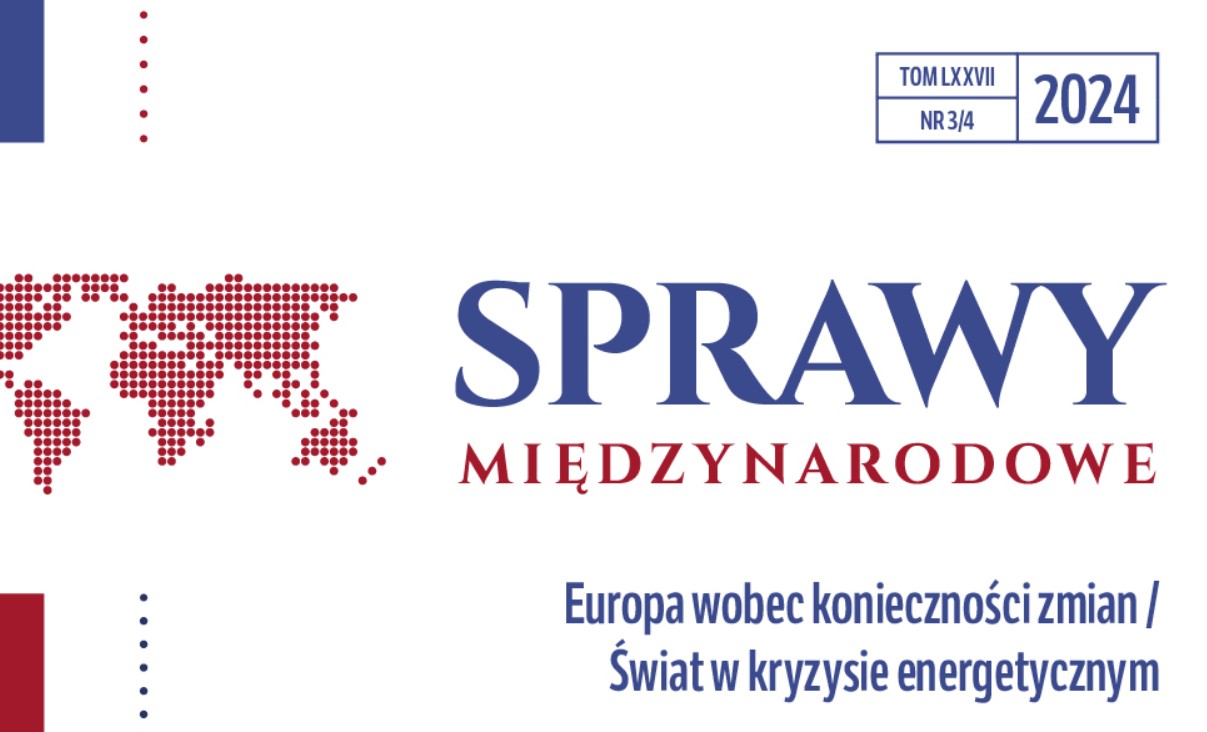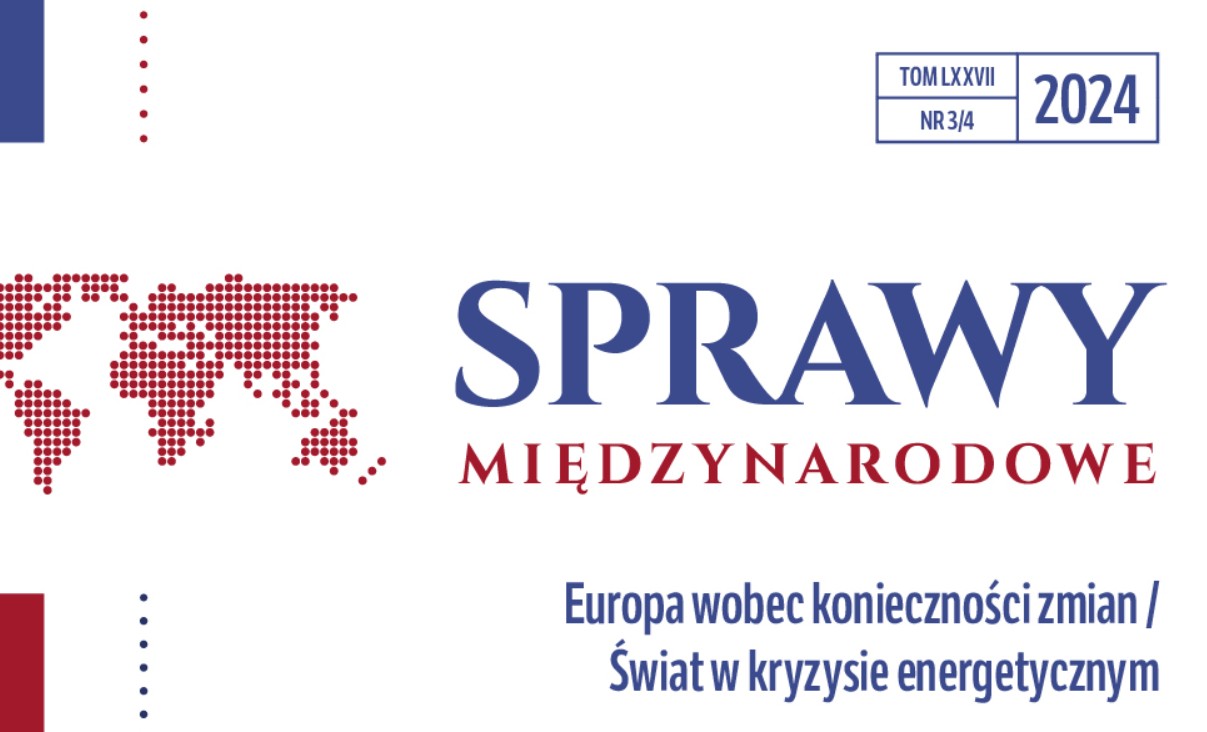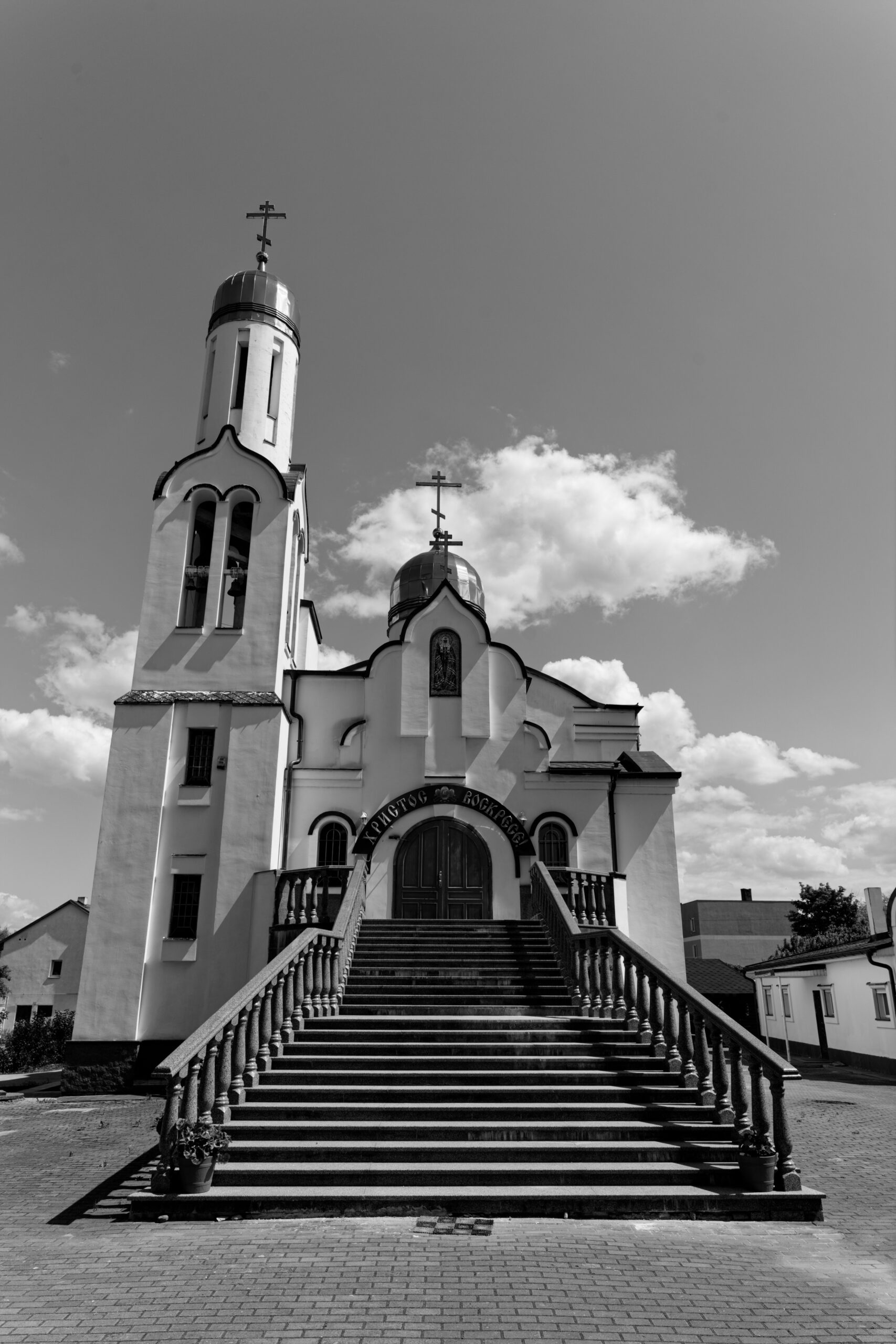🗓️ Save the date: on Monday, June 30th at 12:00 CET I will be talking about my latest book, Collective Memory in Post-Soviet Kaliningrad Oblast. Together with Iwona Reichardt and Krzysztof Żęgota, we will look at the intricacies of Kaliningrad Oblast’s history and its uses in the context of contemporary Russia’s domestic and foreign policies.
Published by Routledge / Taylor & Francis Group, the book summarises debates on the Oblast’s regional identity until 2018 (Vladimir Putin’s third presidential term) and makes the connection between the region’s specific geographical location, its non-Russian civilisational legacy and the weaponisation of memory by the incumbent Russian political regime at the federal and international levels.
Collective Memory in Post-Soviet Kaliningrad Oblast helps understand the reasons behind Russia’s full-scale invasion of Ukraine and shed light on strategies employed to sustain the system created in Russia over the last 25 years.
Many thanks to the Richard Pipes Laboratory at the Institute of Political Studies of the Polish Academy of Sciences and Wojciech Łysek for suggesting and organising the event!
Registration link: https://zoom.us/meeting/register/PBBaSO1NR3qw7PNZV7qxwA







